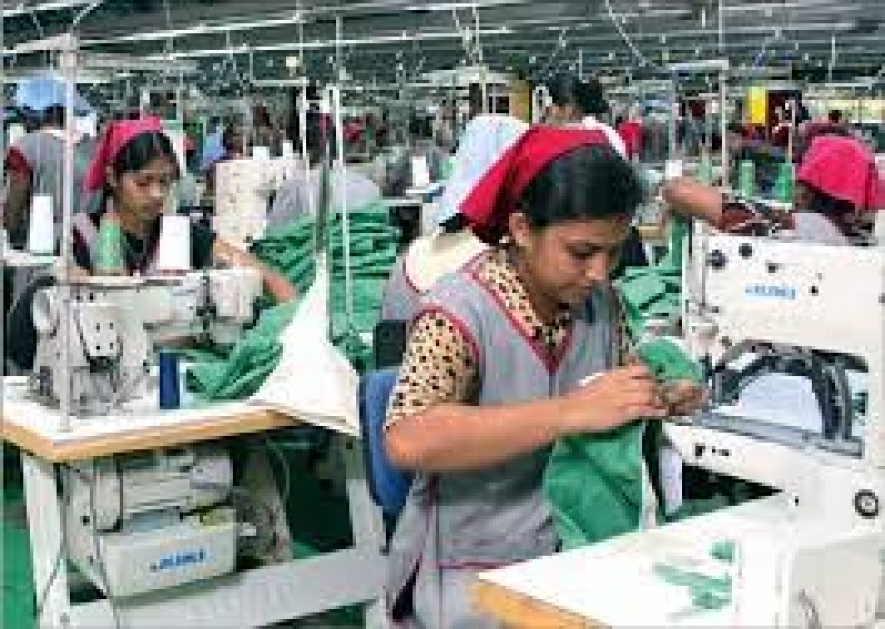Under the program designed to encourage small and medium scale women entrepreneurs, rural women have been selected through a transparent method with priority given to those who belong to displaced families and those who became widows due to the civil war.
“The objective is to bring the women into self-employment in the apparel and handloom sectors by starting their own business after the training period is over.
Two factories are currently up and running in Matara and Kegalle while about 76 factories, which have started training students are due to be completed by end of this year,” CEO/Director General of Sri Lanka Institute of Textile and Apparel, A. Robert V. Peries said.
According to him, the training period lasts for six months with selected women first undertaking training in tailoring by SLITA. Thereafter, the National Entrepreneurship Development Authority (NEDA) and the Industrial Development Board (IDB) trains the women in entrepreneurship development and provides them with guidance on market linkages. On the other hand, assistance in designing is provided by the National Design Centre and the Jathika Shilpa Sabawa.
“The SLITA has so far trained 135 trainers by conducting a 20-day Training of Trainers (ToT) program in both Sinhala and Tamil languages. Once the ToT program is complete, the ToT participants are expected to fully train the women at village level,” Peries said explaining the modality of the program.



















